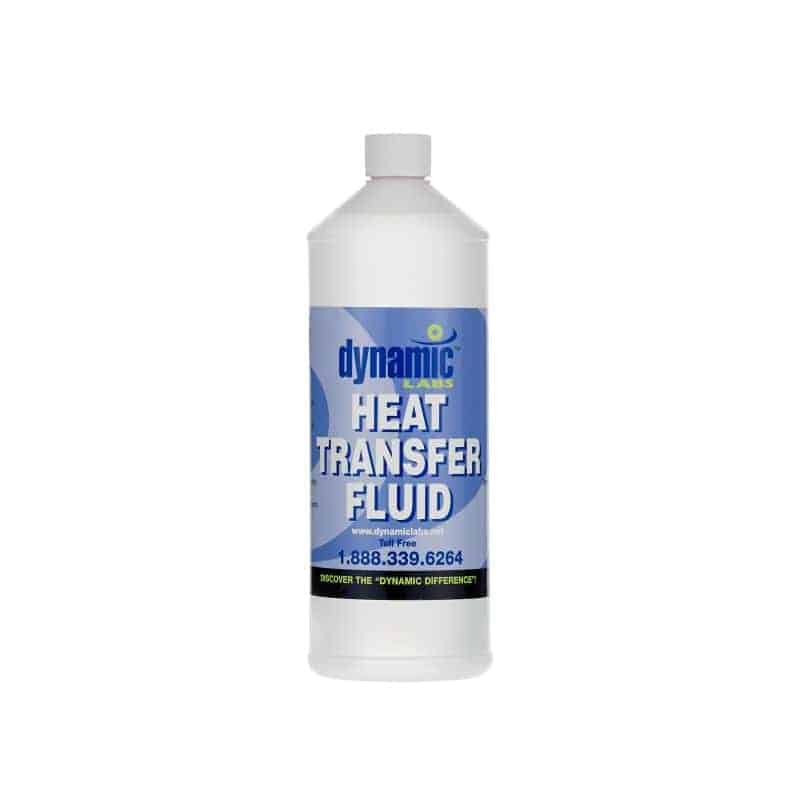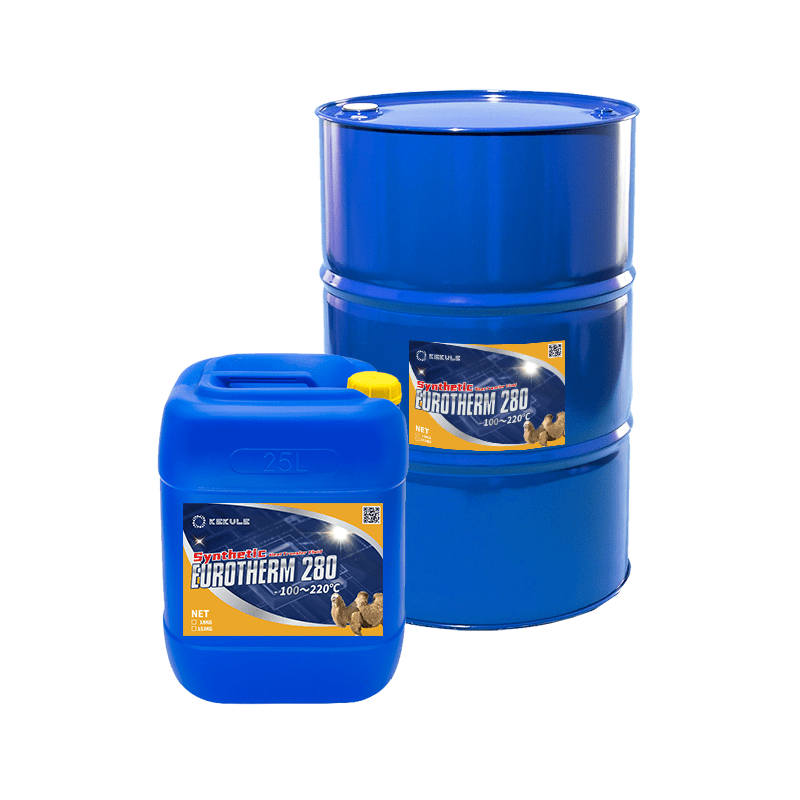The Role of Thermal Oil in High-Temperature Systems
The Role of Thermal Oil in High-Temperature Systems
Blog Article
Maximize Your System's Life-span With the Right Heat Transfer Fluid
Picking the ideal heat transfer liquid is crucial for maximizing system efficiency and longevity. The ideal liquid not only improves thermal effectiveness however also alleviates possible wear and tear on essential components such as pumps and heat exchangers - heat transfer fluid. Comprehending the various sorts of warmth transfer fluids and the certain needs of your application can considerably influence the total health and wellness of your system. Yet, lots of ignore crucial factors that can make a significant difference. What considerations might you be missing that could inevitably impact your system's effectiveness?
Importance of Heat Transfer Fluids

Furthermore, warm transfer liquids contribute to the safety and dependability of thermal systems. In addition, the ideal warm transfer liquid can give security versus rust and scaling, more expanding the lifespan of equipment and facilities.
Sorts Of Heat Transfer Fluids
Different sorts of warmth transfer liquids are typically made use of in commercial applications, each customized to particular functional requirements and temperature varieties. One of the most widespread categories include water, oils, and specialized synthetic fluids.
Water is commonly utilized due to its superb thermal conductivity and schedule; nonetheless, its limitations occur at high temperature levels and possible freezing conditions. For greater temperature applications, thermal oils, such as mineral oils or organic substances, are used. These oils supply superior thermal stability and can operate efficiently at raised temperature levels, making them appropriate for processes like food processing and petrochemical production.
Artificial fluids, which can be either organic or not natural, are made to meet details efficiency requirements. They frequently exhibit boosted homes such as reduced poisoning, broad temperature arrays, and resistance to oxidation. Examples consist of esters and glycols, which are optimal for specialized applications like solar thermal systems and heat exchangers.
Additionally, cooling agents are made use of in cooling down systems, leveraging their stage adjustment residential or commercial properties to launch and absorb warm successfully. Each sort of warm transfer fluid is and provides distinctive benefits picked based upon the specific needs of the application, guaranteeing optimal performance and system long life.
Elements to Consider When Choosing
Selecting the proper heat transfer fluid includes cautious factor to consider of several variables to guarantee ideal performance and system performance. One of the primary elements is the temperature array required for the system. Liquids vary in their thermal stability and can disintegrate or shed effectiveness outside details temperature limitations.
An additional vital factor to consider is the liquid's thickness, as it influences pump efficiency and energy usage. A fluid that is as well thick may prevent blood circulation and increase operational costs. In addition, the liquid's particular site web heat capacity plays a crucial role in determining how efficiently it can transfer warm.
Chemical compatibility with system products is additionally necessary to avoid rust, destruction, or leakages - silicone oil. Ensuring that the picked fluid is suitable with the building and construction materials can lengthen the life expectancy of the system

Benefits of Appropriate Fluid Selection
Correct selection of a heat transfer fluid returns significant benefits for system performance and dependability. The right liquid improves thermal conductivity, ensuring ideal heat transfer rates within the system. This performance reduces power intake, causing reduced operational expenses and a decreased ecological impact.
Furthermore, appropriate fluid option adds to system longevity by preventing rust and destruction of elements. Liquids developed with deterioration preventions safeguard metal surfaces, thereby extending the life expectancy of pumps, pipes, and warmth exchangers. In addition, choosing a fluid with suitable viscosity makes sure efficient flow, which is vital for maintaining consistent temperature distribution throughout the system.
One more important advantage is the fluid's thermal stability. A stable heat transfer liquid can run over a broad temperature range without damaging down or losing performance, which is essential for systems exposed to varying thermal conditions. Furthermore, the best liquid can likewise reduce risks associated to cold or boiling, consequently avoiding operational disturbances.
Maintenance Tips for Longevity
Guaranteeing the durability of a heat transfer system calls for attentive maintenance practices that complement the benefits of appropriate liquid option. Normal assessments are essential to identify possible leakages, rust, or sediment build-up that can compromise system efficiency. Develop a regular timetable to examine pipeline stability, links, and fittings, as these locations are commonly at risk to deterioration.

Keeping an eye on liquid degrees and high quality is similarly vital. On a regular basis examine for indications of contamination, such as staining or particulate matter, which can show destruction of the heat transfer fluid. Carrying out periodic fluid evaluation can offer insights right into its chemical buildings, permitting for prompt replacements when needed.
Furthermore, keeping ideal operating temperatures is crucial. Encourage using temperature level controls and sensors to stay clear of overheating, which can accelerate fluid degradation and damages system parts.
Finally, constantly stick to the supplier's standards pertaining to fluid substitute periods and upkeep procedures. By dedicating to these best practices, you can significantly improve the operational lifespan of your warmth transfer system, making certain trusted efficiency and reducing the demand for premature substitutes or pricey repair work.
Verdict
In final thought, the choice of an appropriate warm transfer fluid is important for enhancing system performance and longevity. By recognizing the various kinds of liquids and thinking about key aspects look at this website such as thermal conductivity and corrosion resistance, optimal performance can be achieved.
Warm transfer fluids play an important role in various commercial and commercial applications by assisting in the effective transfer of warmth in between surface areas.Additionally, heat transfer fluids add to the safety and security and integrity of thermal systems. Furthermore, the liquid's details warm ability plays a crucial function in determining just how successfully it can move heat.
The right fluid YOURURL.com boosts thermal conductivity, making sure ideal warmth transfer rates within the system. A steady warmth transfer fluid can run over a wide temperature variety without damaging down or losing efficiency, which is crucial for systems exposed to fluctuating thermal conditions.
Report this page